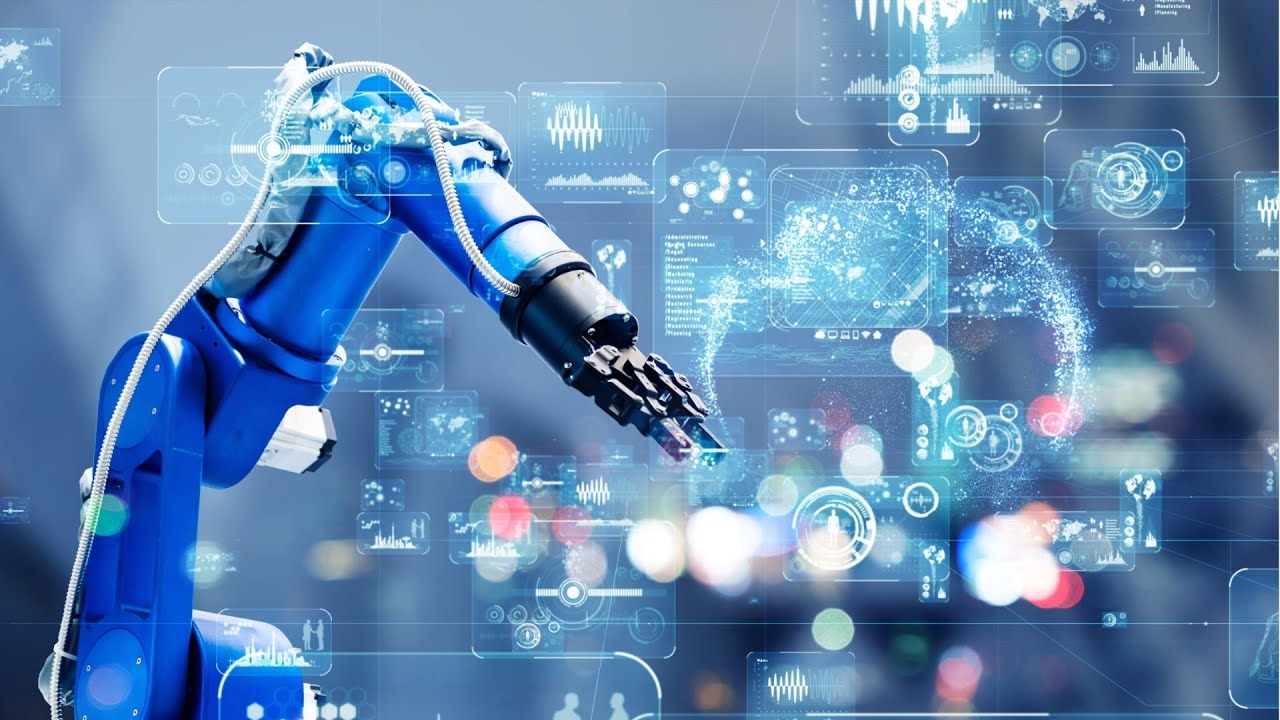The field of education has always been marked by its adaptability and willingness to embrace innovation. From the invention of the printing press to the integration of computers in the classroom, education has continuously evolved to meet the changing needs of society. Now, as we stand on the brink of a new technological era, a powerful tool is emerging that has the potential to revolutionize education once again: Artificial intelligence services are poised to reshape the way we teach and learn, offering unprecedented opportunities for personalized education, enhanced teaching tools, and improved administrative efficiency. In this blog post, we'll explore the current landscape of AI in education, the innovative AI services that are already making an impact, and the exciting possibilities that lie ahead.
The Current Landscape of AI in Education
AI is already making waves in the education sector, and its impact can be felt in various aspects of the learning experience:
- Personalized Learning
One of the most significant advantages of AI in education is its ability to personalize learning for each student. AI-powered adaptive learning platforms can analyze a student's performance, identify areas of strengths and weaknesses, and provide tailored content and exercises to help them progress at their own pace. This approach ensures that no student is left behind and that advanced learners are appropriately challenged.
- Intelligent Tutoring Systems
AI-driven intelligent tutoring systems act as virtual tutors, providing students with immediate feedback and guidance on their assignments. These systems use natural language processing to understand a student's questions and provide accurate answers, fostering independent learning while also addressing individual doubts.
- Administrative Efficiency
AI services can streamline administrative tasks, freeing up educators' time to focus on teaching. Administrative tasks such as grading, scheduling, and data management can be automated, reducing the burden on teachers and allowing them to devote more energy to their students.
- Data-Driven Insights
AI can analyze vast amounts of educational data, providing valuable insights into student performance, teaching methods, and curriculum effectiveness. This data-driven approach empowers educators and institutions to make informed decisions and continuously improve their teaching strategies.
Innovative AI Services in Education
Several AI services are already making a significant impact in the education sector:
- Chatbots and Virtual Assistants
Chatbots and virtual assistants provide real-time support to students, answering questions, guiding them through resources, and offering a personalized learning experience. These AI-driven assistants are available 24/7, ensuring that students can access help whenever they need it.
- Language Translation and Accessibility
AI-powered language translation services break down language barriers, enabling students to access educational content in their native language. Additionally, AI can enhance accessibility for students with disabilities by providing text-to-speech, speech-to-text, and other assistive technologies.
- Gamification and Interactive Learning
AI can transform education into an engaging and interactive experience through gamification. Educational games and simulations powered by AI make learning more enjoyable while helping students develop critical thinking and problem-solving skills.
The Future of Education: AI's Untapped Potential
As AI continues to advance, the future of education holds exciting possibilities:
- Hyper-Personalized Learning
In the coming years, AI will become even more adept at tailoring educational content to individual students. This hyper-personalized approach will consider a student's learning style, preferences, and goals, creating a truly customized learning journey.
- Augmented Reality (AR) and Virtual Reality (VR)
AR and VR, combined with AI, will enable immersive learning experiences. Students will be able to explore historical sites, conduct virtual science experiments, or interact with complex 3D models, enhancing their understanding of the subject matter.
- AI-Enhanced Creativity
AI can assist in fostering creativity by generating ideas, suggesting innovative approaches, and providing feedback on creative projects. This will be particularly valuable in fields such as writing, art, and music.
- Lifelong Learning
AI-powered education will extend beyond traditional classrooms, offering opportunities for continuous learning throughout one's life. Individuals will be able to upskill, reskill, and explore new subjects, keeping pace with the evolving job market and personal interests.
Conclusion
The integration of AI services in education is not a distant dream; it is happening now. The benefits of AI in personalized learning, administrative efficiency, and data-driven insights are already being realized. As AI technology continues to evolve, the future of education looks promising, with hyper-personalized learning, augmented reality, and lifelong learning opportunities on the horizon. By embracing these innovations, educators and learners can shape a future where education is more accessible, engaging, and effective than ever before. The time to leverage the power of AI in education is now, and the journey ahead holds endless possibilities.


